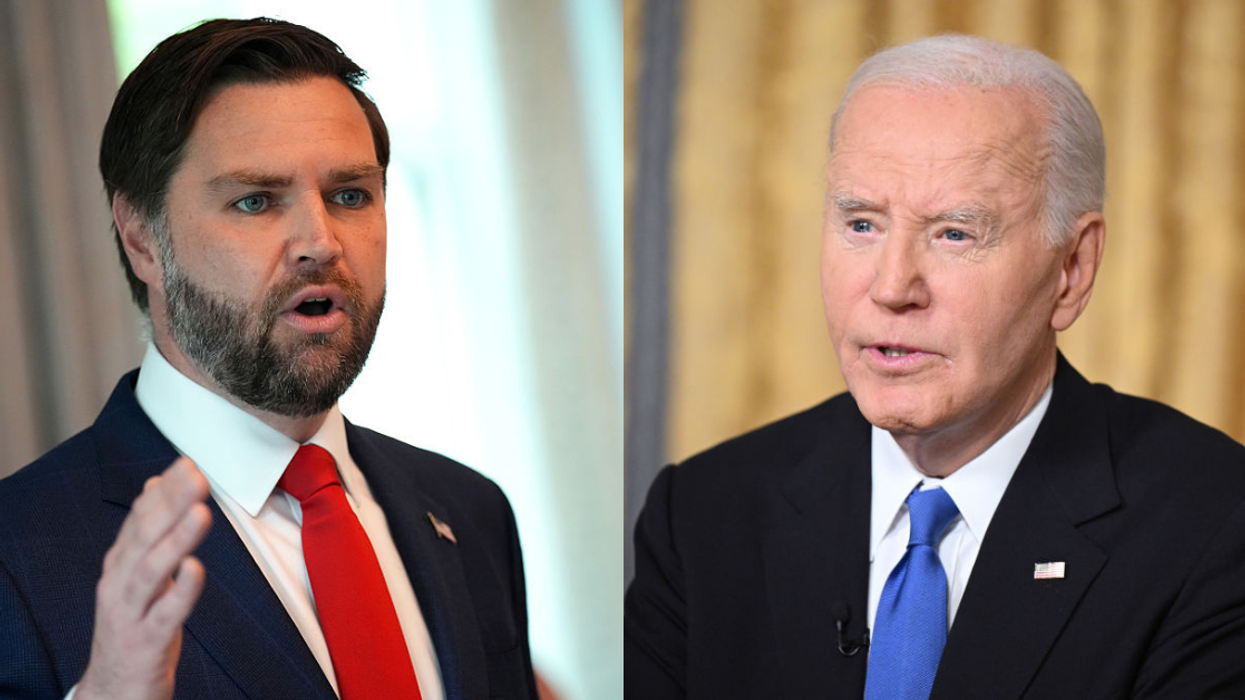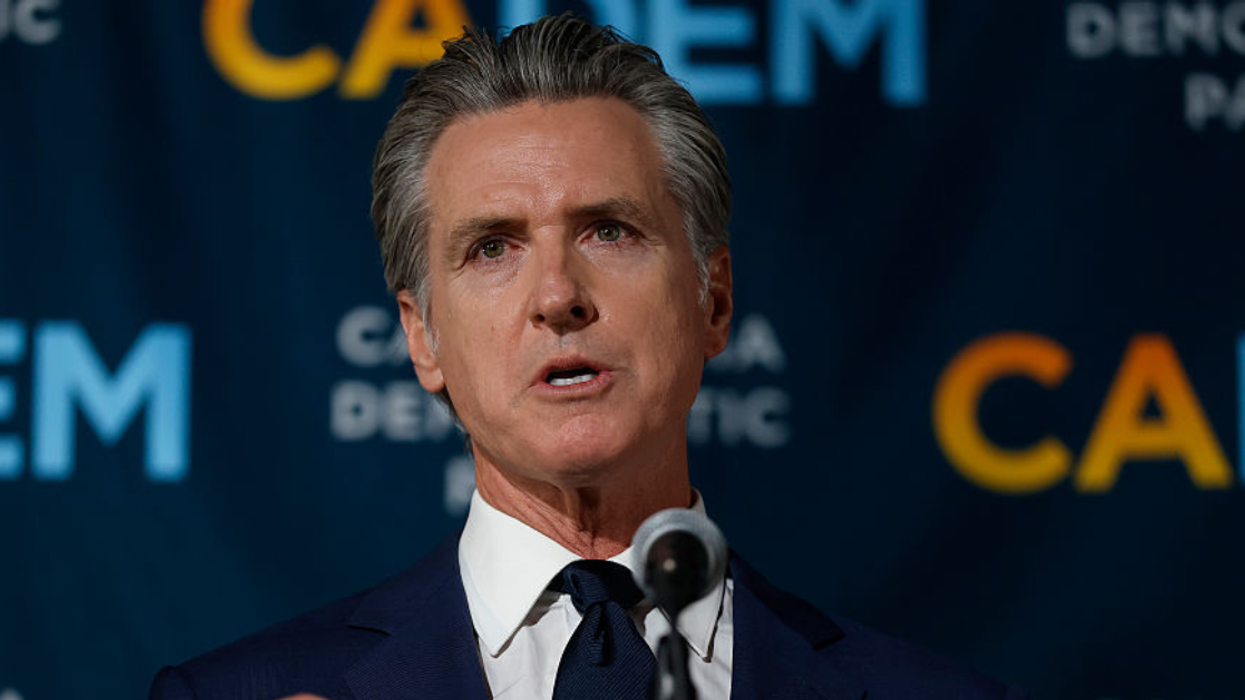On Monday, September 24th, the Trump Administration canceled a human fetal tissue research contract that had been brokered by the Food and Drug Administration (FDA) with a company called Advanced Bioscience Resources on the grounds that “serious regulatory, moral, and ethical considerations” needed to be investigated. The Department of Health and Human Services (HHS) further stated that it would determine if “adequate alternatives exist to the use of human fetal tissue in HHS funded research and will ensure that efforts to develop such alternatives are funded and accelerated.”
The debate over how to ethically utilize embryonic stem cells for the discovery and development of new therapeutics for difficult-to-treat medical conditions dogged prior presidents and has now morphed into the fetal tissue controversy that the current administration has engaged.
In 2000, shortly after George W. Bush was sworn in as the 43rd President of the United States, he issued an executive order that severely limitedgovernment-fundedd scientific research into embryonic stem cells. This recent declaration by the Trump Administration is likely a political maneuver to galvanize one of the remaining conservative blocks of voters loyal to the President just ahead of the 2018 midterm elections: evangelicals. Monetarily speaking, the canceled contract amounted to just $15,900 that would be given to Advanced Bioscience Resources for a quantity of human fetal tissue that government-sponsored scientists would use to modify laboratory mice such that their immune systems would behave more like that of a human.
Scientists have developed a means for transforming a mouse immune system such that it responds to a variety of diseases in a way that a human immune system would. Such a model system allows researchers to test experimental vaccines and treatments on mice without risk to people. Such an approach has been used to produce therapeutics for chickenpox, rubella, measles, polio, rabies, shingles and other diseases. Dr. Lawrence Goldstein, an expert from the University of California, San Diego School of Medicine explained that such mice are “incredibly valuable for research of terrible diseases, and there is really no alternative” available to modern medicine.
Similar to the reasoning for the Bush Administration’s executive order, the subject of fetal tissue research has been conflated with the politics of abortion rights. Indeed, the decision by the Trump Administration has been hailed by David Daleiden, a fervent anti-abortion advocate, who has previously used covert video recordings to cast exchanges of human tissue for scientific research in a bad light. He asserted that the “review of fetal tissue procurement and experimentation must be exacting and it must terminate all other agreements for baby body parts.”
Alta Charo, a law professor specializing in biomedical ethics at the University of Wisconsin takes a contrarian position and reinforced the contention that the move by the Trump Administration was driven purely by political motivations in a statement saying: “my instinct is that this is driven by politics, and is part of the overall effort to stigmatize and eventually criminalize abortion, as well as part of a larger campaign to roll-back the clock on sexual and reproductive rights.”
The last time the issue of human fetal tissue flared up in the public forum was back in 2015, when an undercover video was made public depicting a Planned Parenthood surgeon coldly describing the procedure for the collection of embryonic cells from aborted fetuses. Also captured in the video was the doctor negotiating the cost of harvested fetal body parts in a somewhat callous fashion that even made supporters of the use of fetal tissue uncomfortable. Shortly after the video went viral, administrators at Planned Parenthood decried the misleading nature of the video and issued a statement saying that the physician in the video was only describing the “standard reimbursement fees for costs associated with tissue donation programs.”
The Center for Medical Progress that released the inflammatory video sought to discredit Planned Parenthood as an organization that profited off aborted fetuses, inferring that a supply-and-demand situation was being nurtured. The video was ultimately shown to have been cleverly edited to make the conversation seem untoward, and that the uncut version showed the Planned Parenthood official trying to dissuade the notion of profiting from the supply of fetal tissue.
Despite the political uproar that the video sparked, a Congressional Research Service report concluded that embryonic cells collected from aborted fetuses have been useful in the understanding and development of cells which “mimic many of the properties that they have in a living body, and therefore, can be used as a model for researchers studying basic biological processes.”
The HHS administrators at the time (under President Barack Obama) further defended the practice, arguing that human fetal tissue is a “critical resource for important efforts such as research on degenerative eye disease, human developmental disorders such as Down Syndrome, and infectious diseases, among a host of other diseases.” Cumulatively, human fetal tissue research accounts for about $100 million per year of the budget for the National Institutes of Health.
Conservative legislators have seized upon this topic ahead of the 2018 midterm election saying that they are opposed to any “research using the body parts of children whose lives have been violently ended by abortion.” A letter was submitted by more than 80 Republican congressmen in the House of Representatives requesting the termination of human fetal tissue contracts saying: “unborn children are not commodities to be bought and sold.” The conservative anti-abortion group Susan B. Anthony List was not completely pleased with the move, though they viewed it as a step forward.
As the future of federally funded scientific endeavors in this area of research is now uncertain, investigators are understandably nervous. A representative of the Union of Concerned Scientists suggested that the renewed scrutiny and “chilling effect” from this public debate could hamper “critically important research” and make other institutions that fund such research wary of doing so in the current climate. One thing that can be certain is that as the issue remains contentious, it will continue to used by politicos as a divisive topic to deliver core voters to the polls during election years.







 vasosecret/TikTok
vasosecret/TikTok
 dontlookatmedoll156/TikTok
dontlookatmedoll156/TikTok alyssa.b345/TikTok
alyssa.b345/TikTok EllieBelly/TikTok
EllieBelly/TikTok Shelby Daniel/TikTok
Shelby Daniel/TikTok J/TikTok
J/TikTok indigo1009/TikTok
indigo1009/TikTok Kam/TikTok
Kam/TikTok





 @starduster14021/X
@starduster14021/X r/TheMajorityReport/Reddit
r/TheMajorityReport/Reddit r/TheMajorityReport/Reddit
r/TheMajorityReport/Reddit r/TheMajorityReport/Reddit
r/TheMajorityReport/Reddit r/TheMajorityReport/Reddit
r/TheMajorityReport/Reddit r/TheMajorityReport/Reddit
r/TheMajorityReport/Reddit r/TheMajorityReport/Reddit
r/TheMajorityReport/Reddit @sciencexspirit/Bluesky
@sciencexspirit/Bluesky


 90s popcorn GIF
90s popcorn GIF  signing season 3 GIF
signing season 3 GIF  home alone pepsi GIF
home alone pepsi GIF  Machine Production GIF by Finder Relais Nederland
Machine Production GIF by Finder Relais Nederland  No No No GIF
No No No GIF